Billionaire Elon Musk : When full of money in the pocket at the end of life... is just a failure!
Elon Musk, the world's richest billionaire, measures his success not in measures of how big his bank account is, but in terms of how many issues he can solve for the world.
While pursuing his ambition of establishing a city on Mars, Elon Musk has also set a spectacular milestone on Earth by becoming the first individual in modern history to have a net worth of more than $300 billion, according to CEO Magazine.
Elon Musk, widely regarded as a business genius, has been named the world's richest person on several times, although he has never previously amassed so much money. At the height, Tesla and SpaceX CEO Elon Musk had a net worth of 340 billion USD, putting him 100 billion USD ahead of second place Jeff Bezos. This extraordinary accomplishment came after Tesla's market valuation topped $1 trillion at the end of September, after the news of a Hertz order for 100,000 electric vehicles.
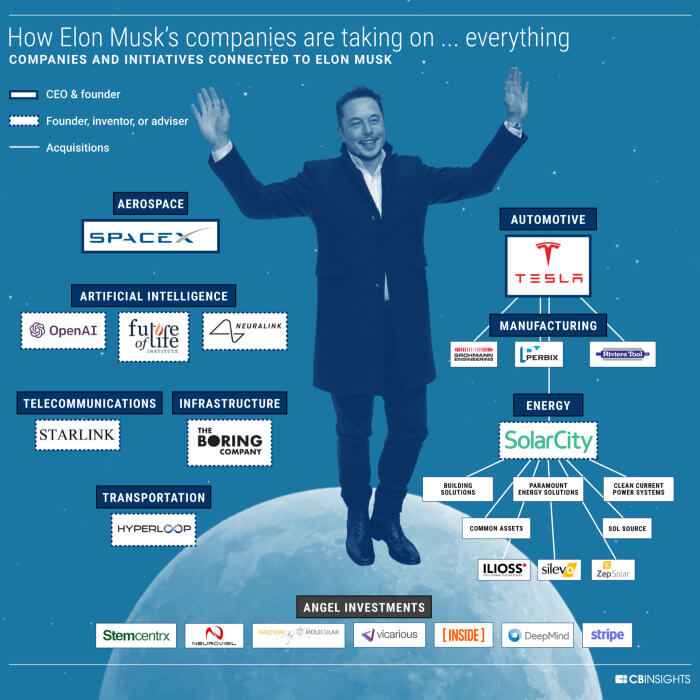 Source: CBinsights
Source: CBinsights
Elon Musk grew up in South Africa, primarily with his father after his parents separated, and he identified as a bookworm. From encyclopedias to comic books, the CEO read it all. Elon Musk overcame a tough childhood in which he was "bullied" and "chased by gangs at school" by focusing on technology. Here are some of the finest things you can learn from Elon Musk, who has an extraordinary vision of the world and is leading the electric car revolution. These might literally transport you to "Mars" with his fantasies.
Constantly keen to learn
Despite having a bachelor's degree in economics and another in physics, Elon Musk continues to educate himself in aerospace engineering by reading books about rockets and propulsion. Musk's passion for education began when he was a child.
He trained himself to code and then sold his first game, Blastar, for $500. He was admitted into the Stanford PhD Program in energy physics/materials science in 1990. However, Musk eventually pulled out to launch Zip2, a software firm, which he later sold for $307 million.
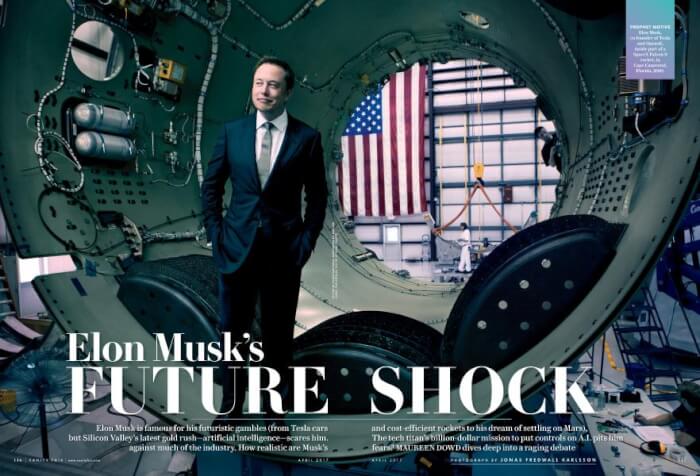 Source: Vanityfair
Source: Vanityfair
Have a clear vision
Elon Musk's vision begins with identifying a goal, comprehending what a goal is, and justifying why it is important. He often talks with Jim Cantrell, an aerospace expert who formerly worked for NASA before co-founding SpaceX. Cantrell remembers Elon Musk's initial phone contact to him:
“I’m Elon Musk, I’m an internet billionaire, I founded PayPal and X.com. I sold X.com to Compaq for 165 million dollars in cash and I could spend the rest of my life on a beach drinking Mai Tais, but I decided that humanity needs to become a multi-planetary species to survive and I want to do something with my money to show that humanity can do that and I need Russian rockets and that’s why I’m calling you.”
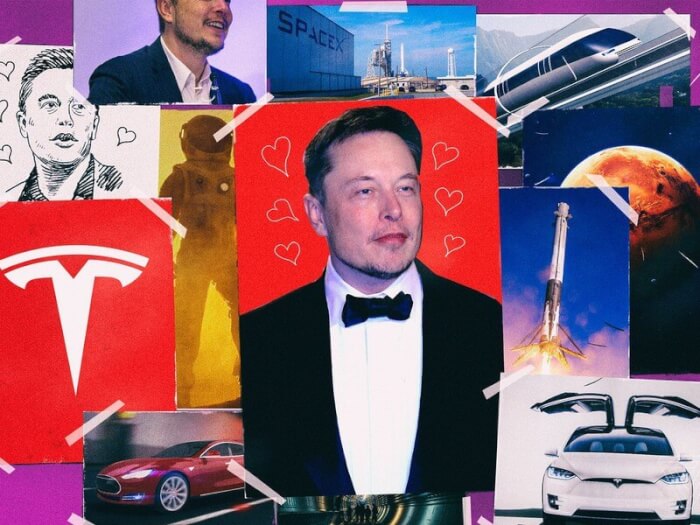 Source: Pinterest
Source: Pinterest
Back to basics
“I tend to approach things from a physics framework,” Musk said in an interview. “Physics teaches you to reason from first principles rather than by analogy. So I said, okay, let’s look at the first principles. What is a rocket made of? Aerospace-grade aluminum alloys, plus some titanium, copper, and carbon fiber. Then I asked, what is the value of those materials on the commodity market? It turned out that the materials cost of a rocket was around two percent of the typical price.”
Don't listen to the naysayers
When Henry Ford made cheap, reliable cars people said, 'Nah, what's wrong with a horse? ' That was a huge bet he made, and it worked.
Enough belief, succeed comes
Musk's infinite creativity is one of the secrets to his success. Then comes a series of actions to make these seemingly utopian ideas into reality.
He said : "If you go back a few hundred years, what we take for granted today would seem like magic - being able to talk to people over long distances, to transmit images, flying, accessing vast amounts of data like an oracle."
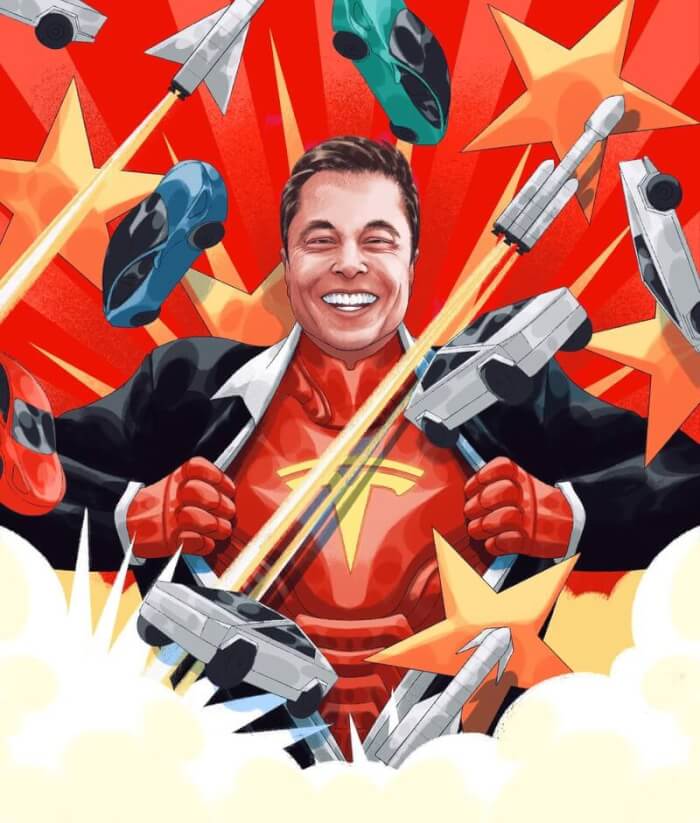 Source: Pinterest
Source: Pinterest
Failures
If things don't go well at first, you're doing something right. Musk believes that: “Failure is an option here. If things are not failing, you are not innovating enough.”
High Concentration
If a problem occurred in Tesla's early days, Musk was known to sleep directly beneath his desk and work nonstop until the problem was fixed. He has even been known to working up to 120 hours each week.
"There are way easier places to work, but nobody ever changed the world on 40 hours a week" Elon Musk wrote in a tweet in 2018. "But if you love what you do, it (mostly) doesn’t feel like work"
Hard working
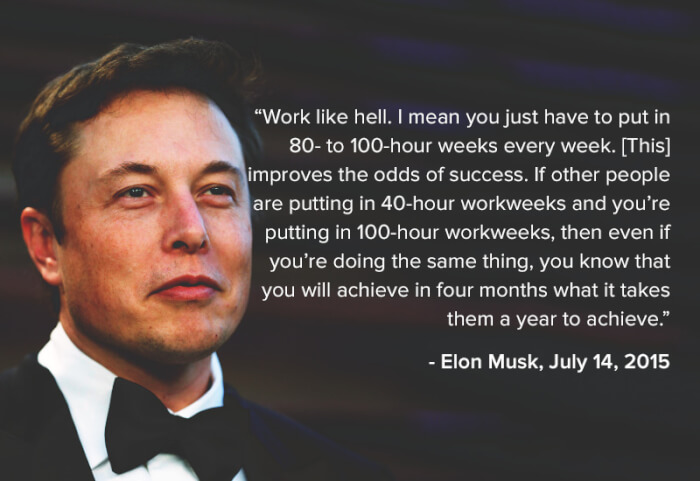 Source: Reddit
Source: Reddit
Building a better future
Despite his fortune of more than $300 billion, Musk does not spend it, preferring to focus on the opportunities it may provide. In fact, he didn't want to die wealthy since he believed it would be a sign of failure to not utilize the money for good. Instead, he believes his money will aid in the foundation of a metropolis on Mars.
"I want things in the future to be better," Elon Musk told BBC. "I want these new exciting things that make life better."
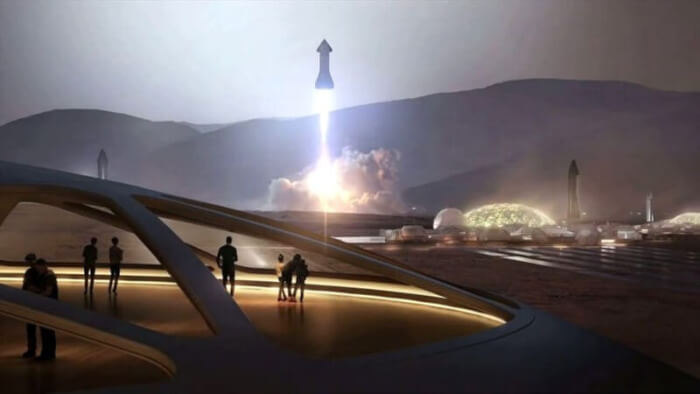 Source: Pinterest
Source: Pinterest
Dream big
If there's one thing Elon Musk has shown us, it's that huge aspirations may carry you beyond the boundaries of the Earth. “We don’t want to be one of those single planet species, we want to be a multi-planet species,” Musk said in April
“It’s been now almost half a century since humans were last on the moon. That’s too long, we need to get back there and have a permanent base on the moon — again, like a big permanently occupied base on the moon. And then build a city on Mars to become a spacefaring civilization, a multi-planet species,” Musk also said.
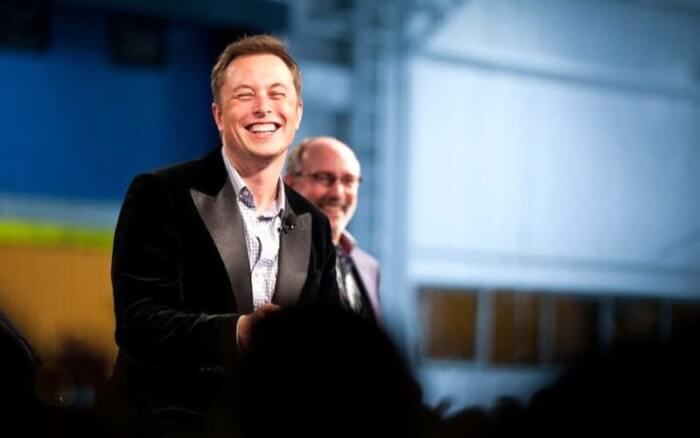 Source: Pinterest
Source: Pinterest
Don't be an ousider
“I could either watch it happen or be a part of it.”- Elon Musk
Share this article
Advertisement